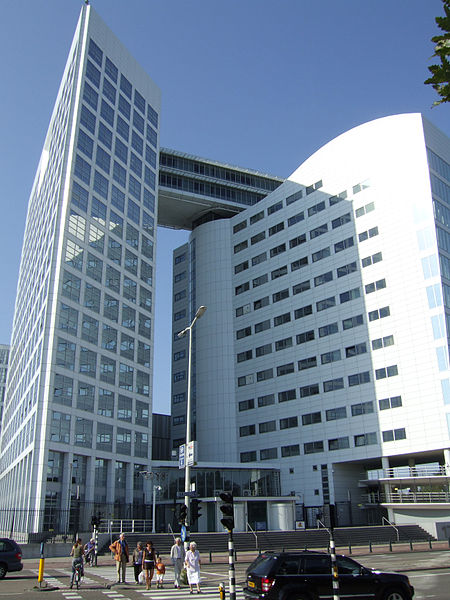Tag: International Criminal Court
-
PCHR launches campaign ‘Palestine to the ICC’
10 December 2012 | Palestinian Centre for Human Rights On 10 December 2012, on the occasion of Human Rights Day, PCHR is launching its ‘Palestine to the ICC‘ campaign. The campaign aims to encourage the relevant stakeholders, namely the State of Palestine, the Prosecutor of the International Criminal Court and the international community, to fulfil…
-
The Al Dalu family. Never forget.
by Rosa Schiano 4 December 2012 | il Blog di Olivia On 18 November 2012, on the fifth day of the Israeli military offensive “Pillar of Defence” against Gaza, a war bulletin reported 72 people killed, including 19 children, 670 wounded, most of them women and children. That day, the Israeli air force bombed a…
-
Speaking Truth to Power
Sharon Lock | Tales to Tell We were back at Faraheen this morning accompanying farmers again, eying the jeeps driving along the Israeli border while our farmers removed the irrigation pipes from one of the fields we have visited regularly. Since Mohammed was shot in the leg, the farmer here has decided to give up…

